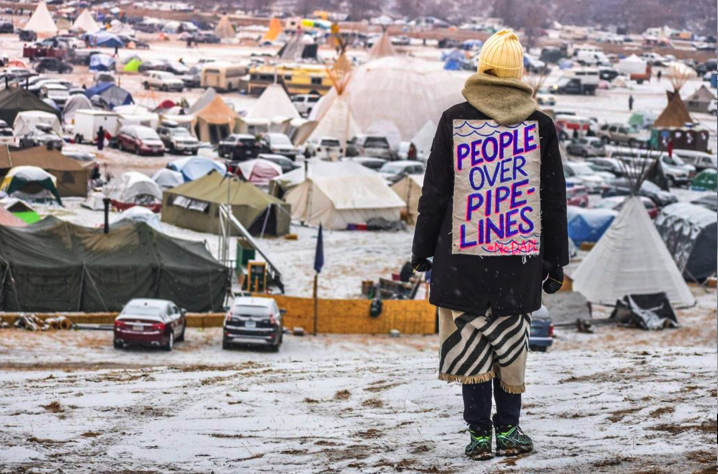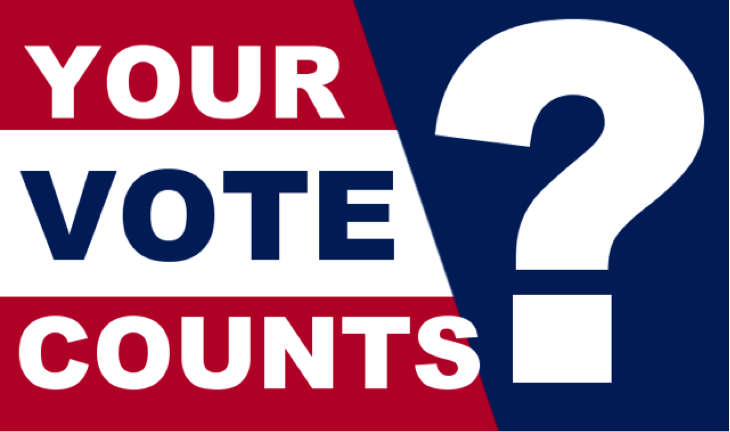
In the wake of President Trump’s executive order banning immigration from seven Muslim-majority countries, millions of protestors took to the streets across the country to voice their concerns and grievances involving Trump’s immigration stance. While Muslims and Muslim support groups are encouraged by and grateful for the support provided by protestors across the country, Republican








